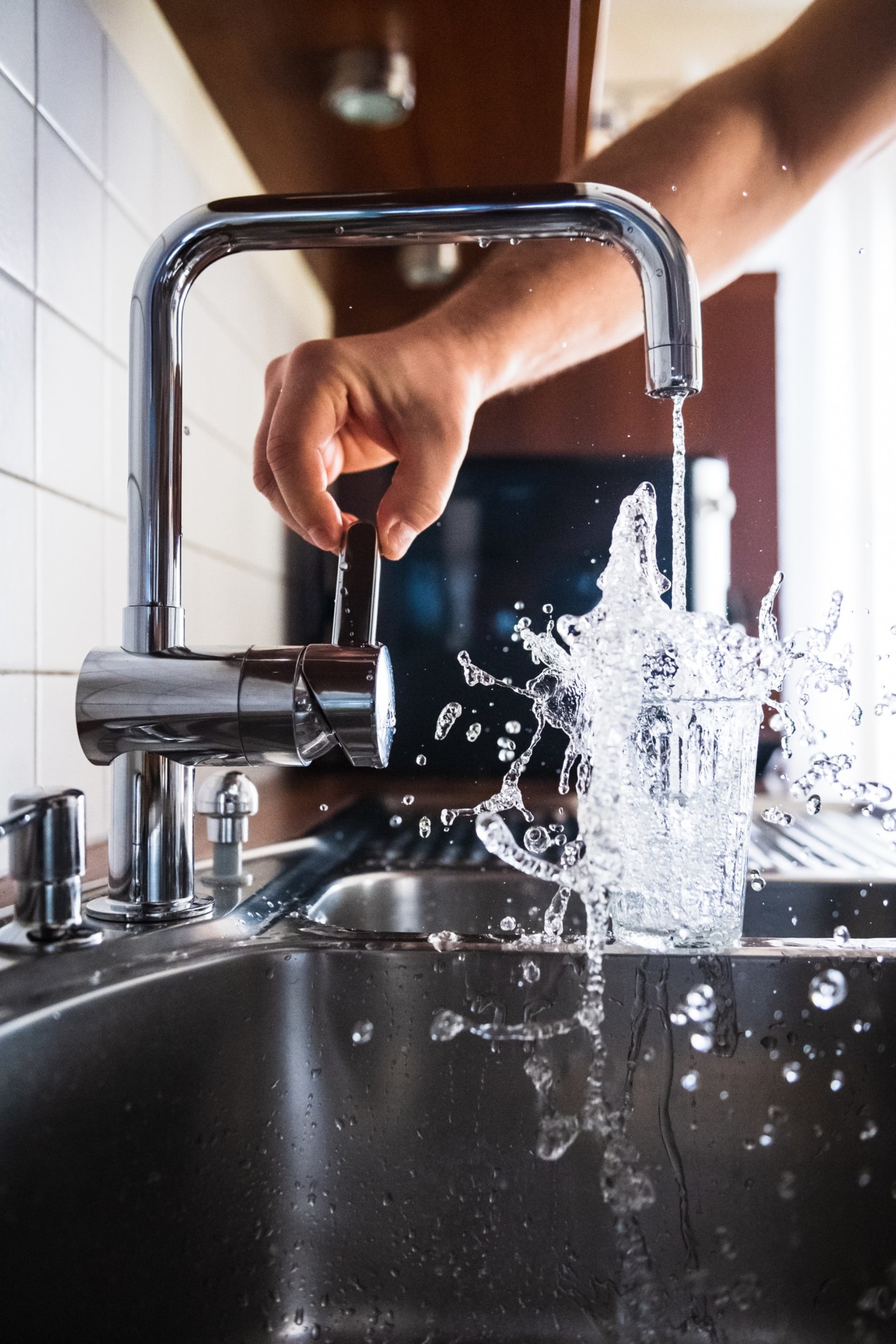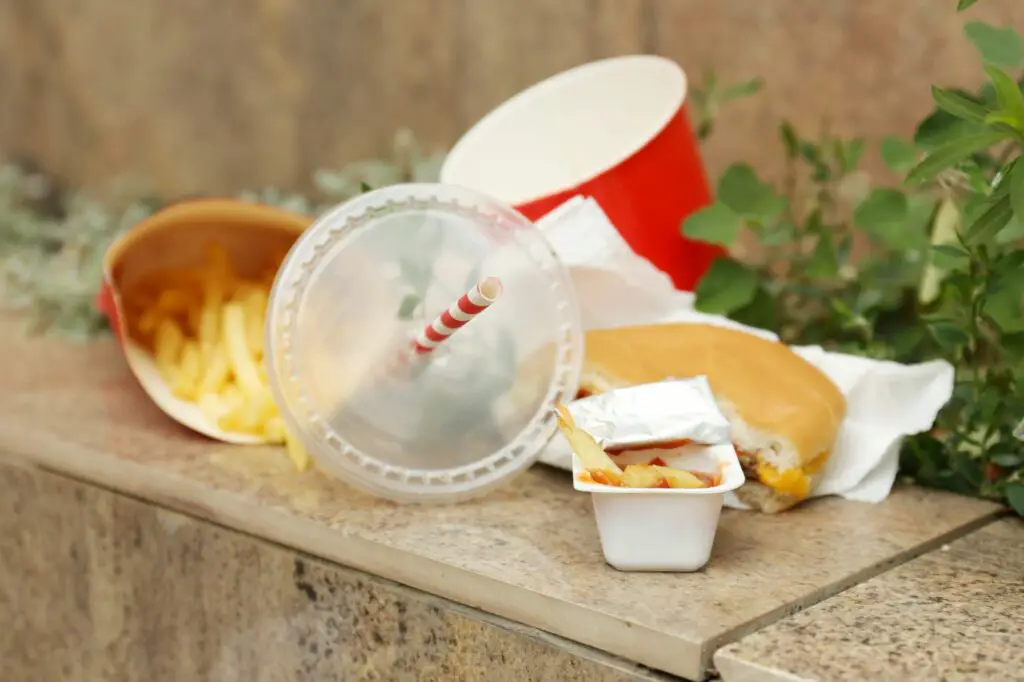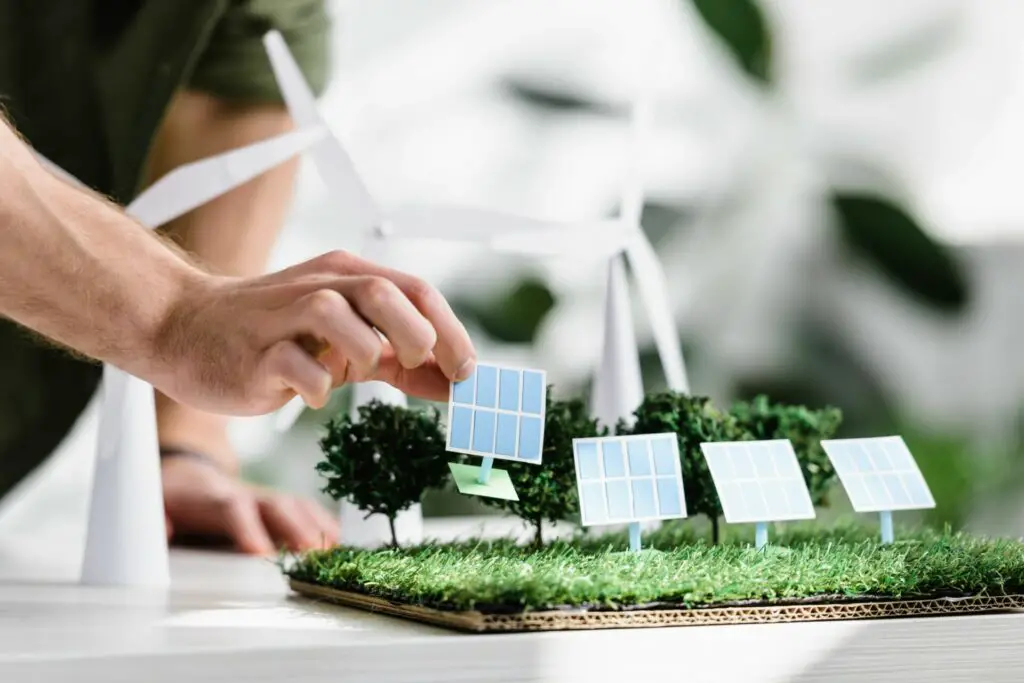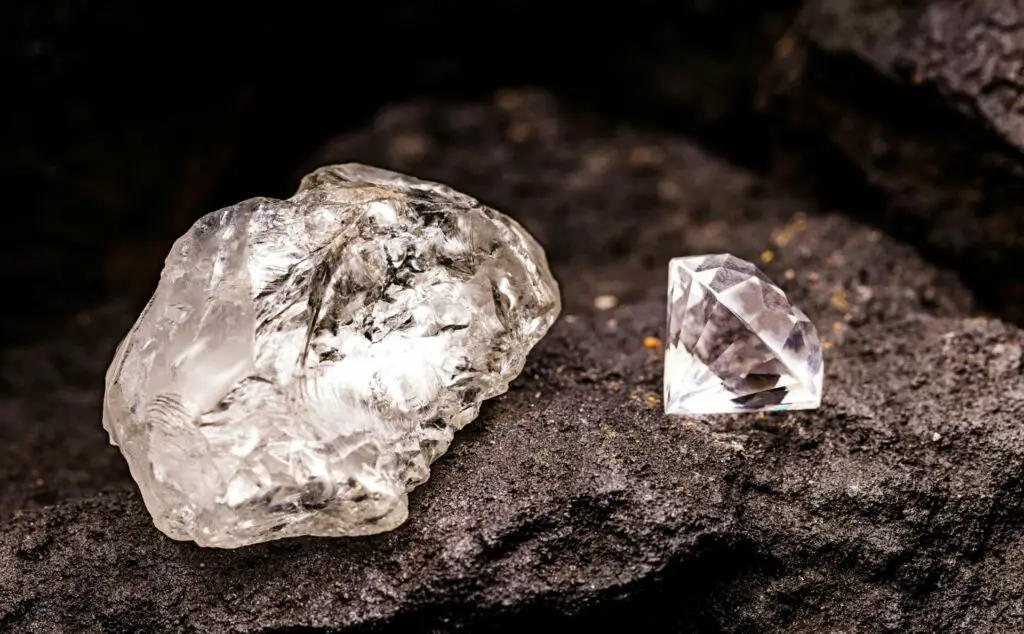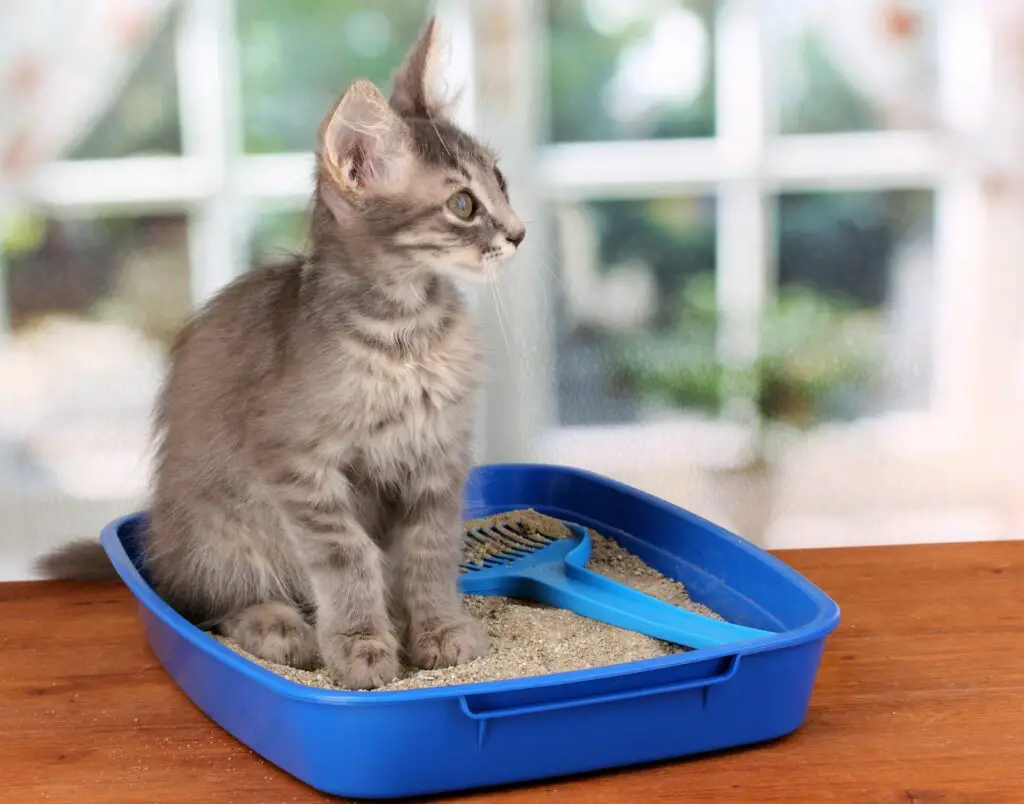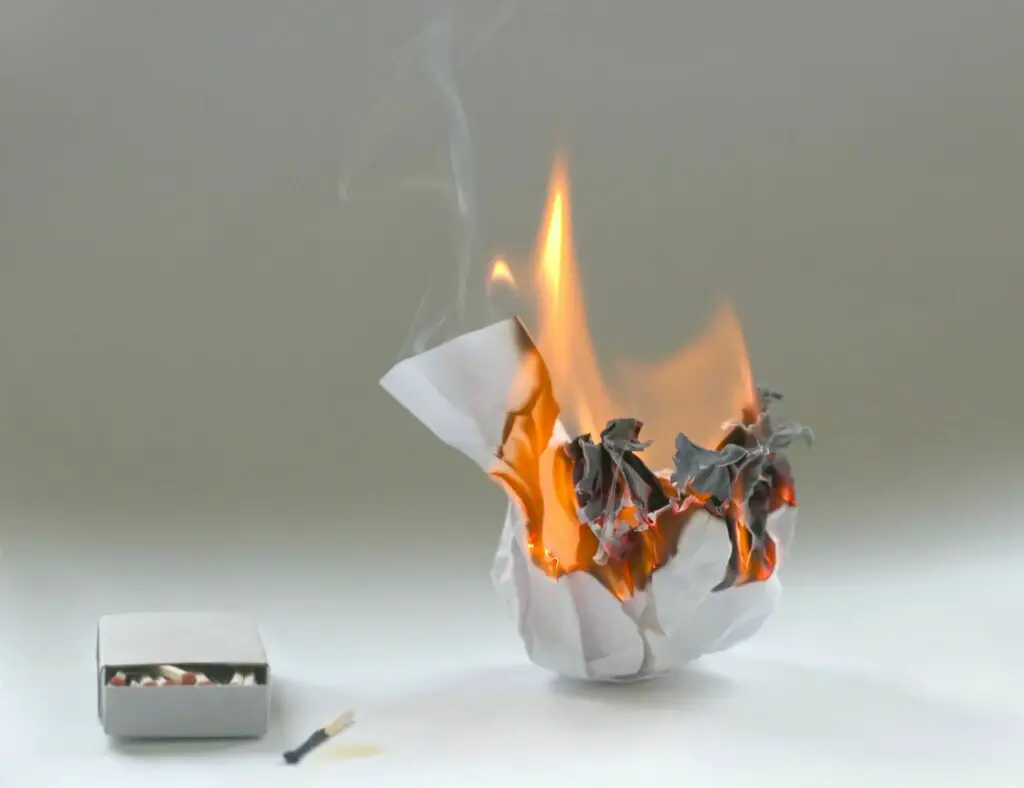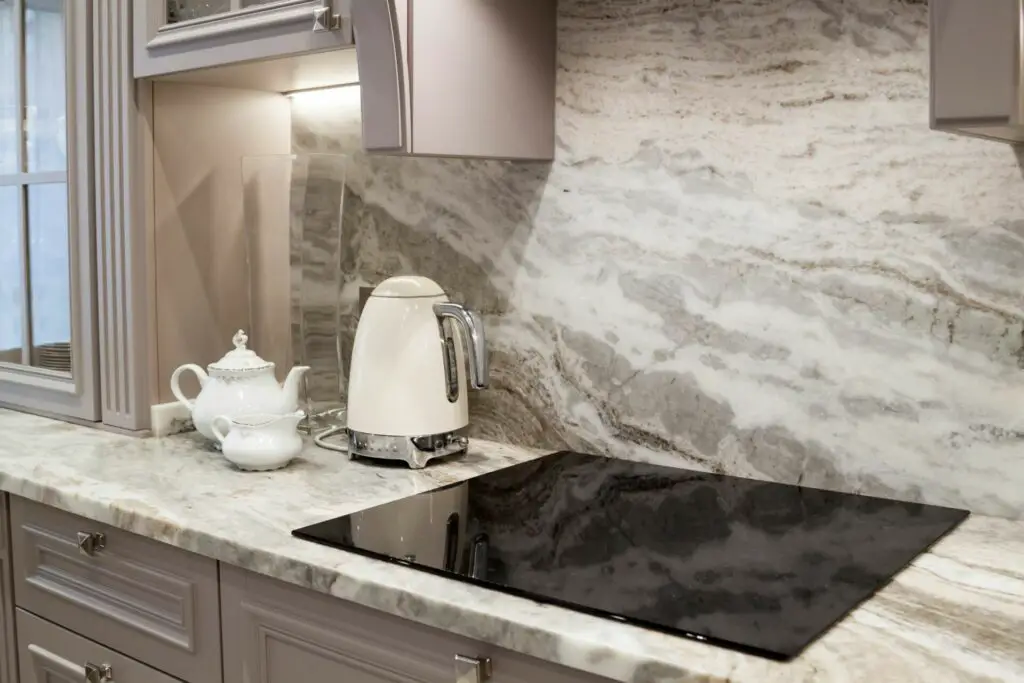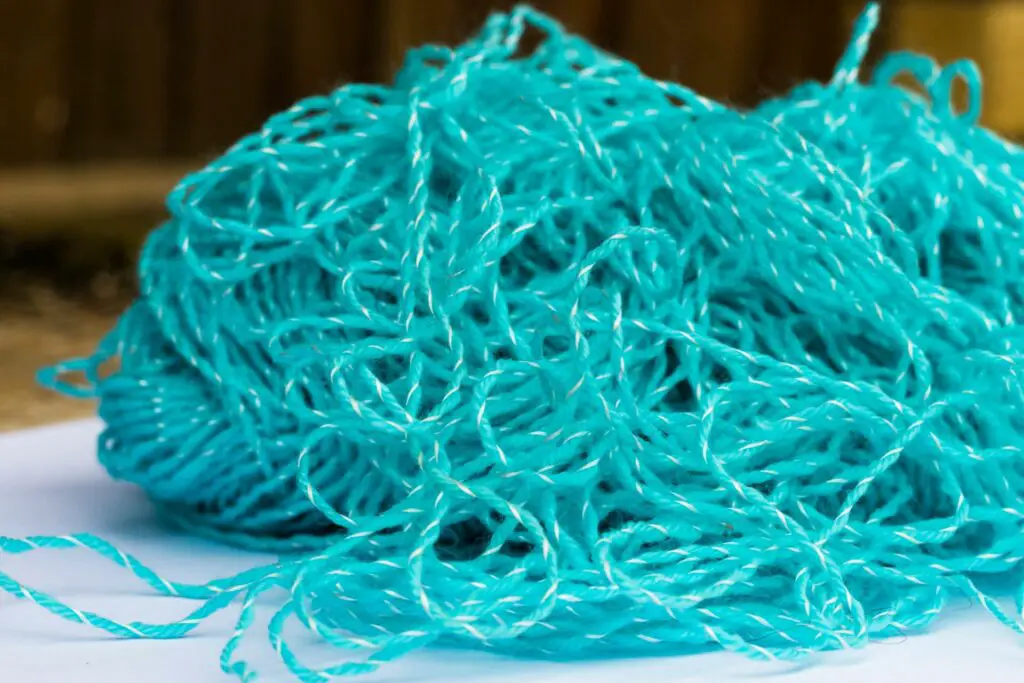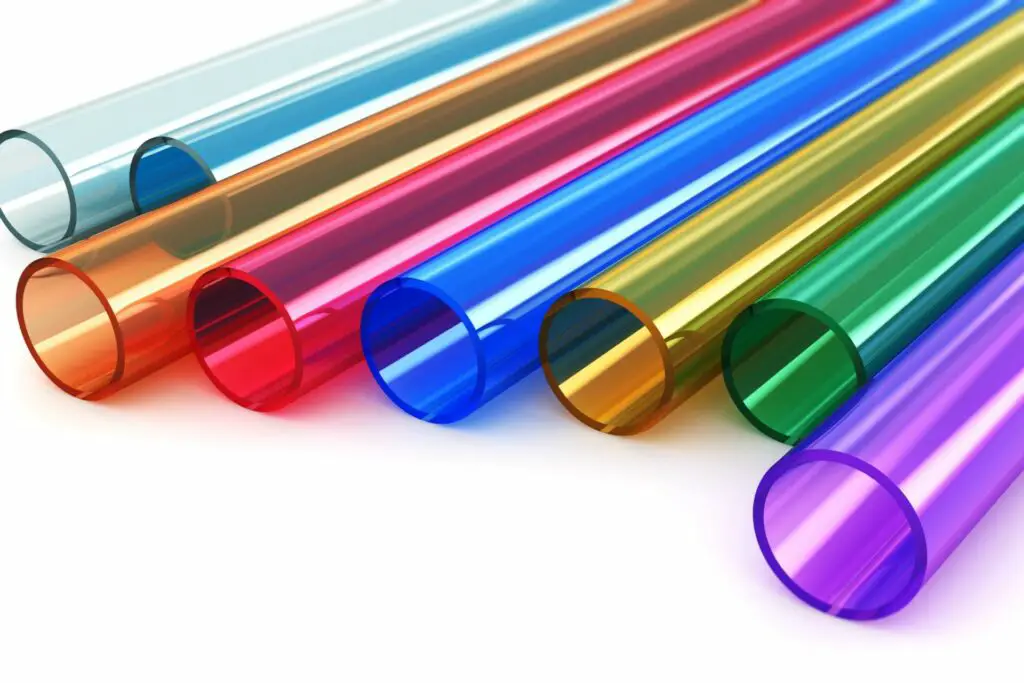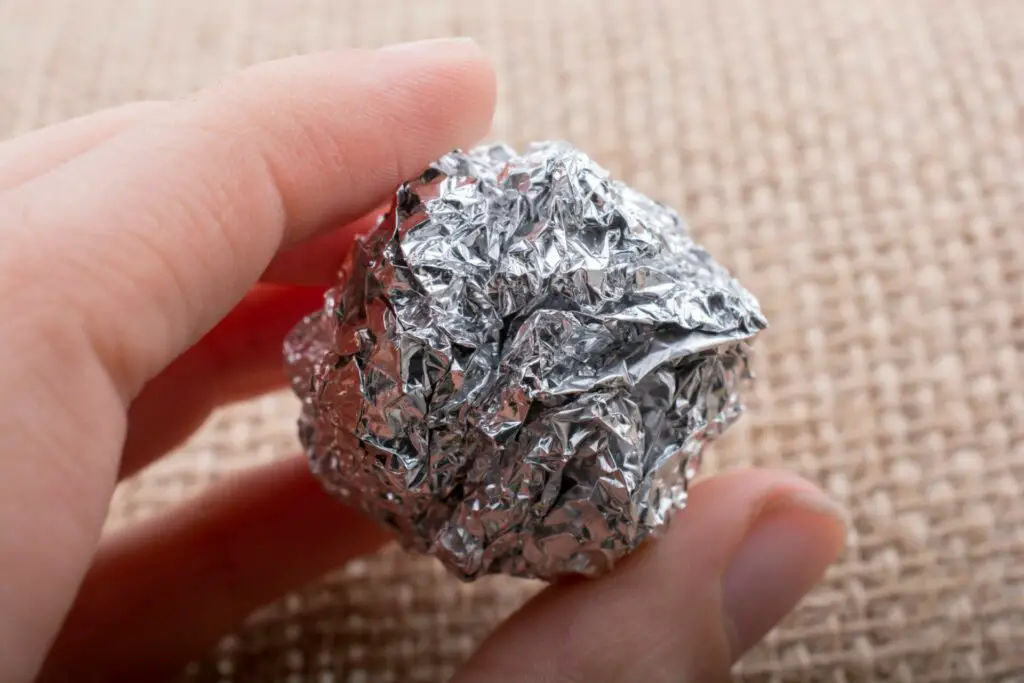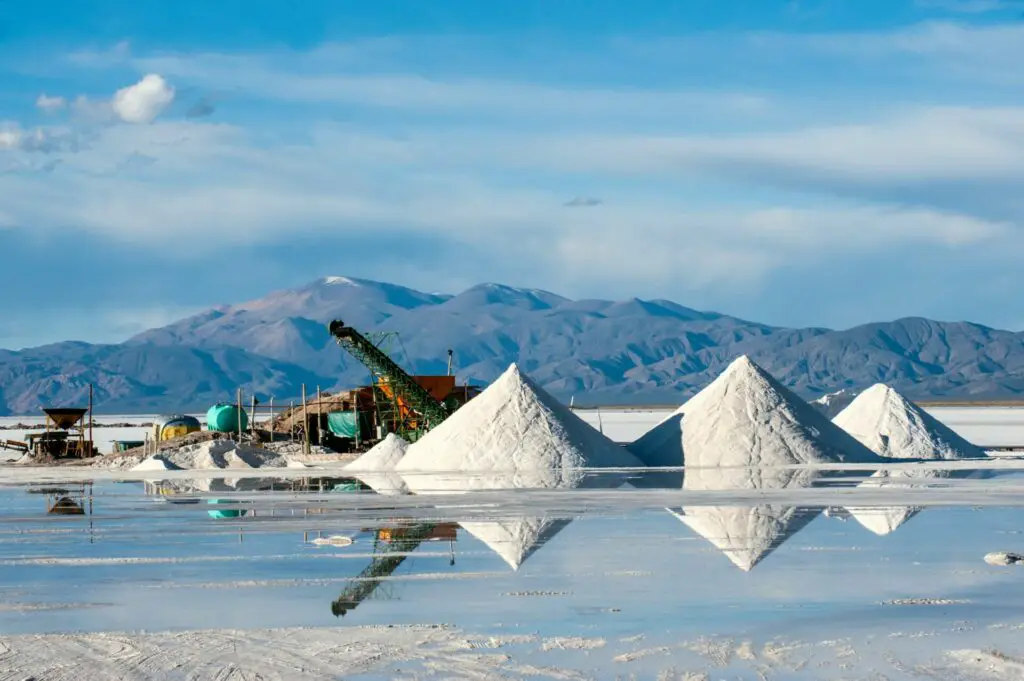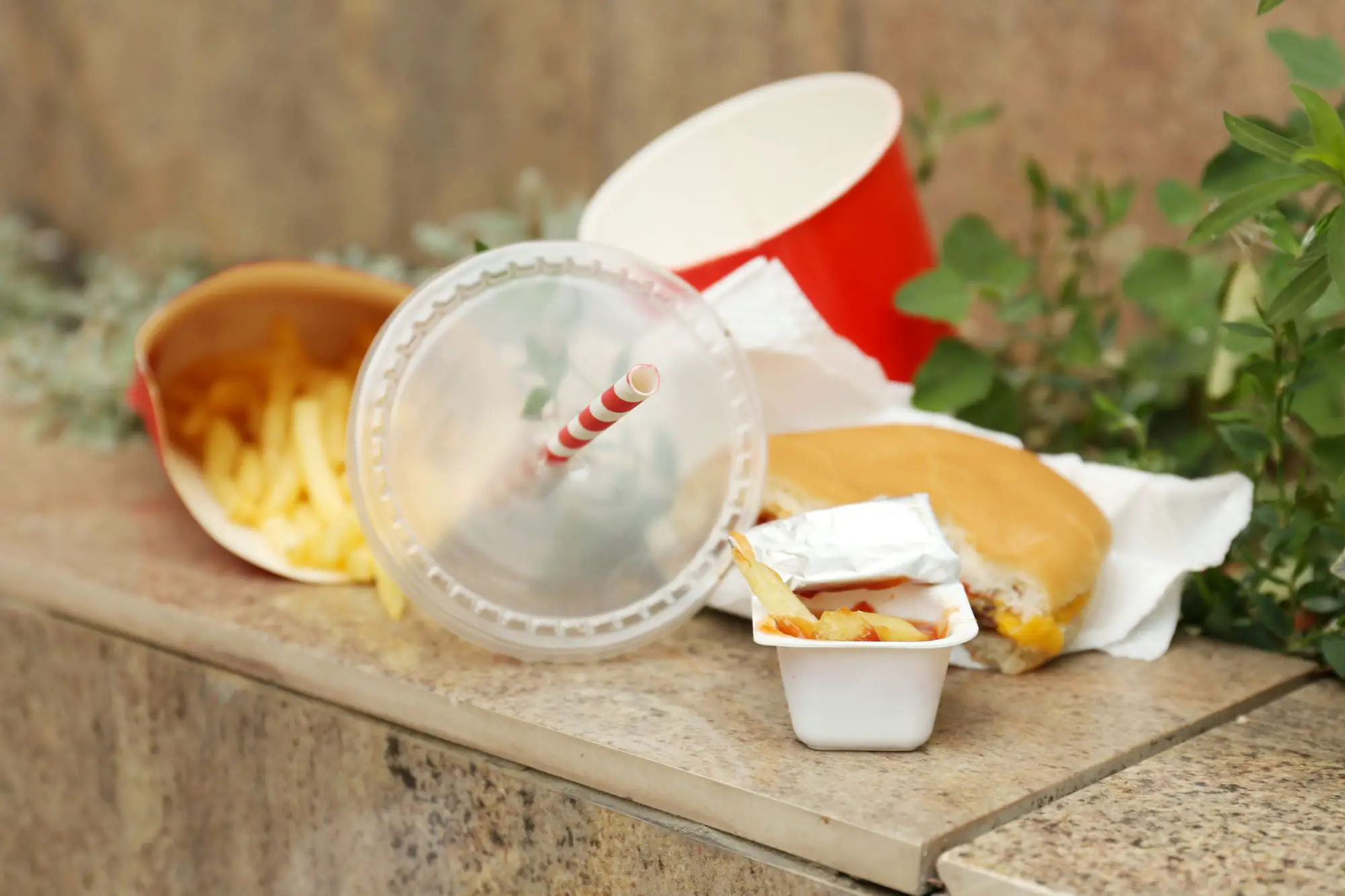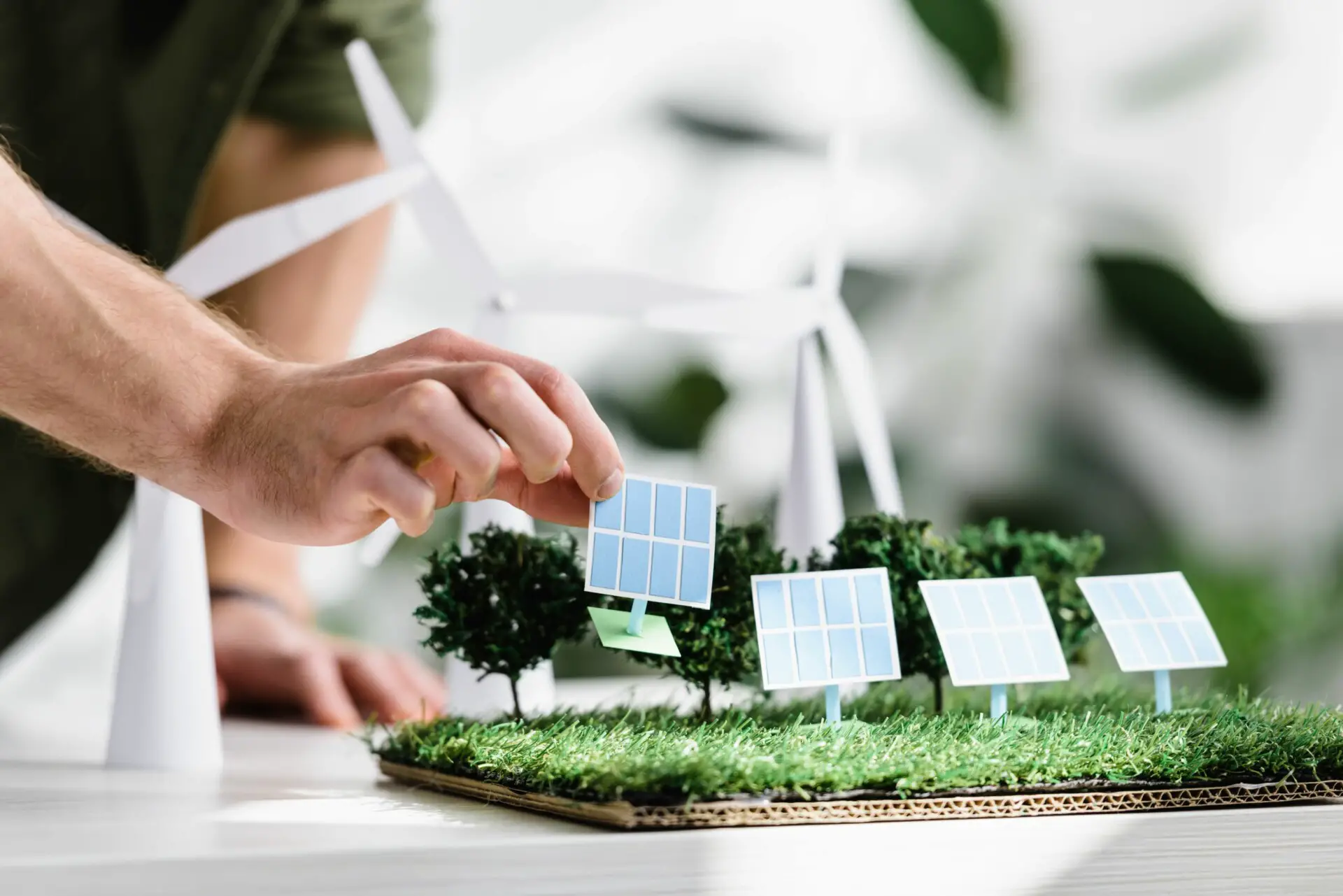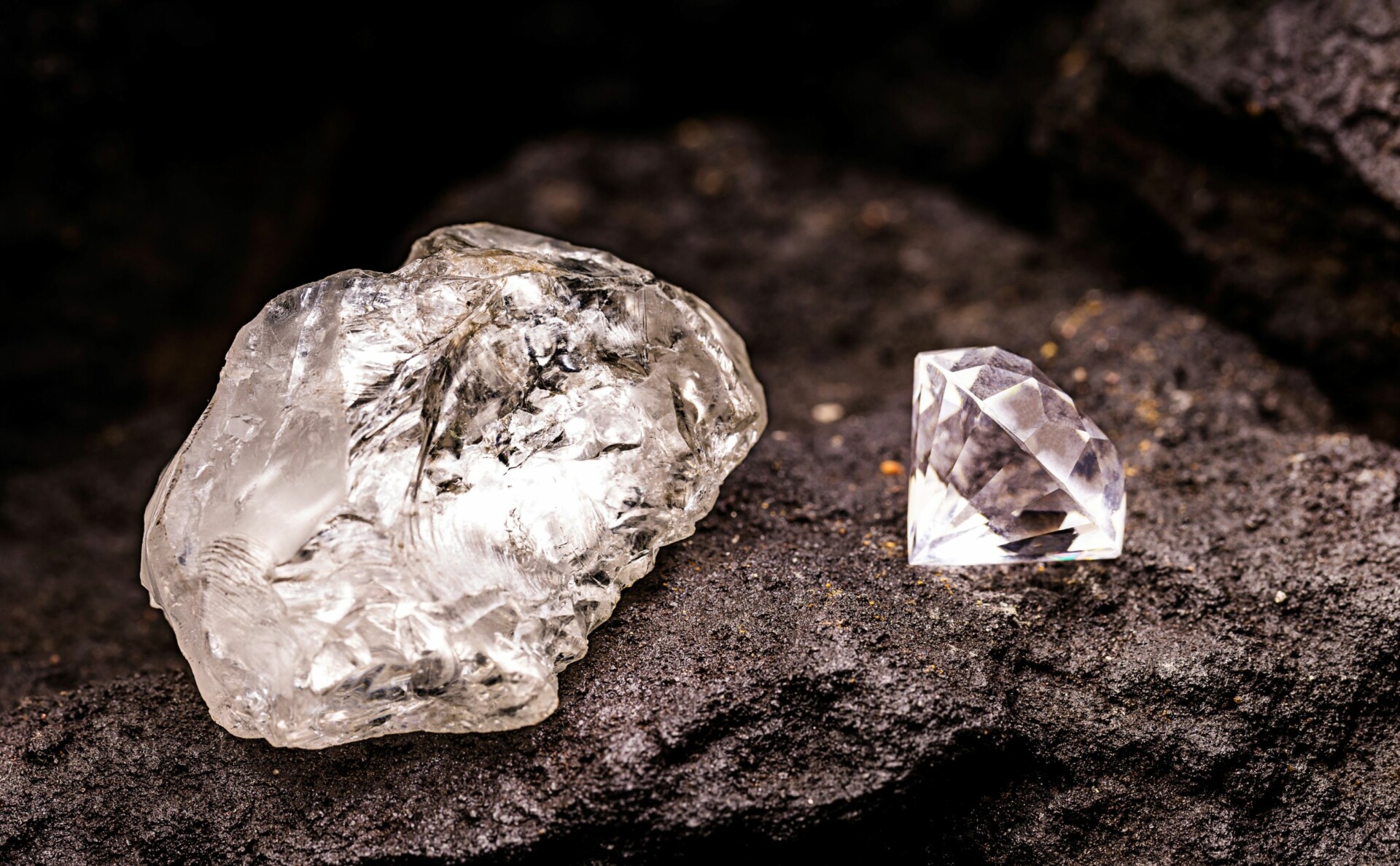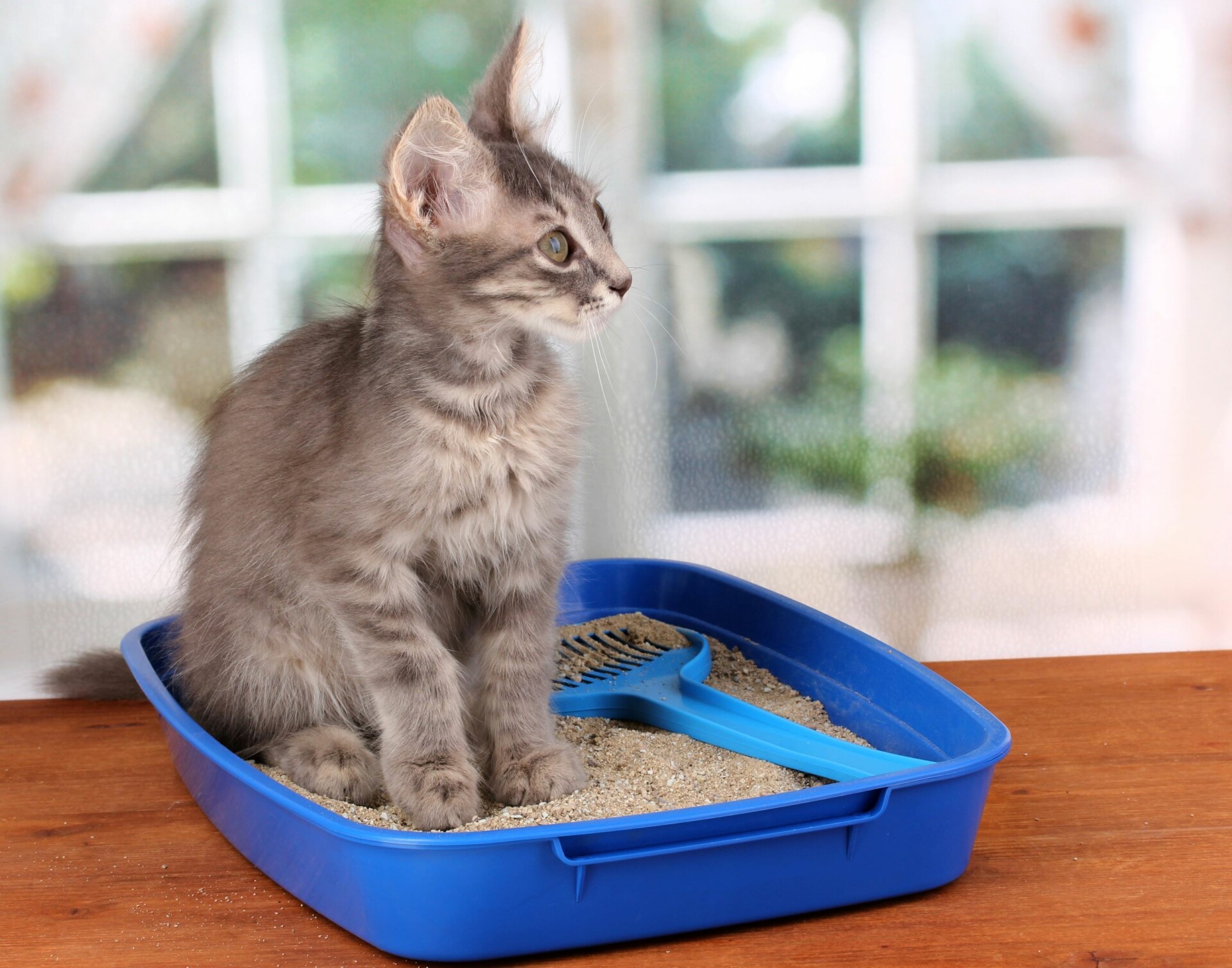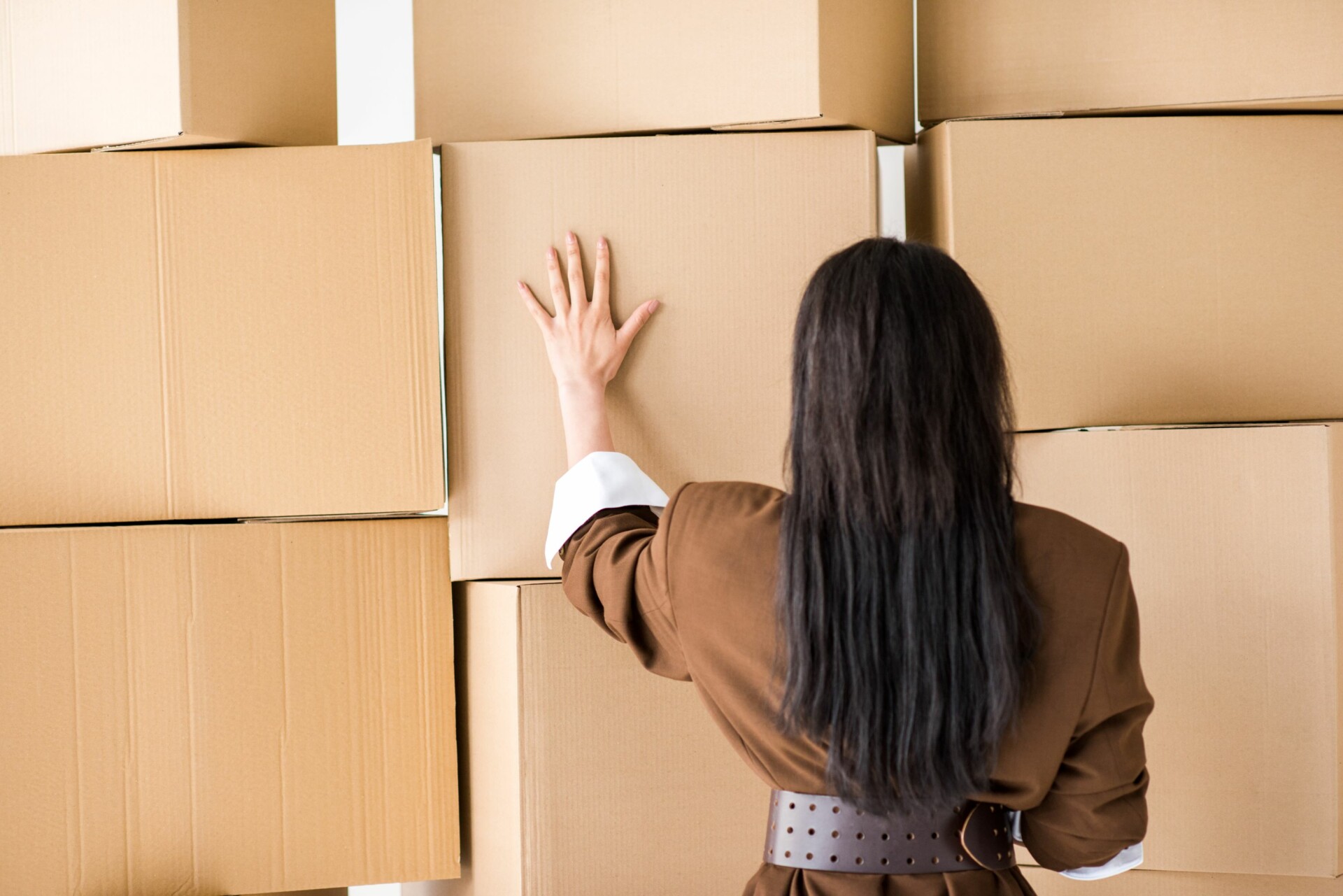If you cook a lot or enjoy drinking hot coffee or tea, being able to get boiling water at the turn of a handle is really convenient and time-saving.
That’s where boiling water taps come in, and you can either purchase a stand-alone boiling water tap or a 3-in-1 tap that dispenses hot and cold water as well.
But are boiling water taps really a good idea, especially if you want to be more eco-friendly?
The answer is yes, boiling water taps are just as eco-friendly as they are convenient due to the water and energy savings that come along with them.
If you’re considering installing a boiling water tap in your home, continue reading to learn why they are, indeed, eco-friendly.
1. What Are Boiling Water Taps?
Before we get into the eco-friendliness of boiling water taps, here’s a little bit of background information about them just in case you aren’t familiar with what they are or how they work.
The first boiling water tap was invented in 1970 by Henri Peteri. As you can see, it’s still a relatively new invention compared to some of the many other household appliances.
Boiling water taps work through a tank under the sink that draws water from the main water line, then preheats it to a constant temperature – usually between 95-100 °C (203-212°F).
The idea was pretty simple: to save time, water, and energy by being able to have the right amount of boiling water that you need available to you at any given moment.
As you can see, boiling water taps were created partially with eco-friendliness in mind from the beginning.
2. Do Boiling Water Taps Save Water?
Water is one of the most important natural resources, as it is key to the survival of every living thing on Earth. It’s the main reason why Earth is even habitable in the first place.
We as humans use water in almost every aspect of our lives from the food we cook to the clothes and dishes we wash, even to keep ourselves clean.
But did you know that an estimated 136 L (30 gallons) of water is wasted every day through the activities mentioned above (and more)?
With that being said, boiling water taps save water due to one simple reason. They dispense only the amount of boiling water that we need at a given time.
With a boiling water tap, there’s no need to fill up a kettle or a pot with more water than what is actually necessary or let cold water run down the drain as you wait for the hot water.
It’s difficult to determine exactly how much water is saved by using a boiling water tap, because it just depends on each individual person and how much boiling water they actually use.
But, just switching to boiling water taps in the kitchen is likely to save a significant amount of water per year, contributing to less water waste and helping to conserve one of our most precious natural resources.
3. Do Boiling Water Taps Save Energy?
Before we get into the energy savings of boiling water taps, it’s important to note that they rely on electricity to heat the water tank in the first place as well as maintain that heat to keep the water hot when you need it.
Because of this, they have to be plugged into an electrical outlet in order for the tank to have a power supply.
However, many boiling water tanks are insulated, which helps to conserve energy because it prevents heat from escaping. Less energy has to be used to maintain the temperature of the water as a result.
It’s said that heating water makes up 20% of the total energy used in our homes. Of course, that’s not just water used in the kitchen, but for bathing and washing clothes and dishes as well.
With that being said, as with water savings, it’s hard to put an exact number on how much energy is actually saved by using a boiling water tap instead of heating water another way. It depends on how much the boiling water tap is actually used.
The energy savings are likely to be more evident over time as you use the boiling water tap more. It’s not likely that you’ll notice immediate savings on your energy by using a boiling water tap for only a month.
But the general idea is still the same. If you’re able to have boiling water instantly, energy is being saved because you’re only using the amount of water that you need instead of having to boil more than you need.
4. Boiling Water Tap vs. Kettle: What’s More Eco-Friendly?
In general, boiling water taps are more eco-friendly because you only use the amount of water that you need.
But the eco-friendliness of a boiling water tap vs. a kettle is mostly due to the amount of water that is saved, and not so much to do with energy.
For example, kettles are often overfilled with more water than what is actually needed. This leads to water being wasted because not all of it is used.
But if you can have boiling water instantly, then there’s no need to have to use more than what is necessary. By switching to a boiling water tap, you’re likely to notice savings to your water bill a lot more quickly than you would with energy.
Why is that the case?
It’s because when you use a kettle to heat water, you’re only using energy in that instant. The kettle isn’t constantly running off of electrical energy the way that a boiling water tap is.
Plus, some kettles are more efficient at heating water than others, so it largely depends on the type of kettle you are using.
Another factor is whether or not you reheat the water in the kettle after it cools down. Although this isn’t wasting water, it is using more energy than what would be necessary with a boiling water tap.
Remember that the tank for boiling water taps preheats the water and is also often insulated. So even though it is constantly plugged in and turned on to heat the water when it cools, being insulated means that the water isn’t losing heat as quickly.
That also means that the water doesn’t have to be heated as much, which uses less energy.
Assuming that you don’t overfill the kettle and don’t reheat the water in the kettle, there is less of a difference in energy savings as there would be by overfilling and reheating the kettle.
It’s very likely that boiling water taps do save a small amount of energy compared to using a kettle. But again, these energy savings are not likely to be noticeable for some time because of this.
5. Are Boiling Water Taps Made Eco-Friendly?
Boiling water taps are mostly made out of metal, such as brass or zinc, with some plastic components as well. The process used to make them is known as die-casting, in which molten metal is forced into a mold known as a die.
As you can imagine, a lot of energy would need to be used to melt metal, not to mention the energy used for the mechanical processes involved with die-casting.
However, die-casting is somewhat eco-friendly as far as manufacturing processes go since the molds can be used thousands of times and recycled at the end of their life in addition to the materials left over from die-casting.
Energy use aside, the process for making boiling water taps is not the worst for the environment. However, some manufacturers of boiling water taps may use energy sources that are more eco-friendly than others.
For example, the original manufacturer of boiling water taps, Quooker, installed solar panels on their manufacturing facilities to supply their energy needs.
Ultimately, whether are not boiling water taps are made in an eco-friendly way just depends on the individual manufacturer.
6. Should I Turn Off the Boiling Water Tap at Night?
You don’t have to turn off the boiling water tap at night, but doing so can help conserve more energy.
If you turn the boiling water tap off at night, then the tap will stop preheating the water in the tank when it cools, thus saving energy.
However, for the most energy savings, its best to completely unplug the boiling water tap at night due to something called standby energy use.
With standby energy use, appliances still use a small amount of energy even if they are turned off but plugged in. And some appliances have higher standby energy use than others.
If you’re okay with waiting on the water to preheat the next morning – which can take as little as 10 minutes or less – then you can save some energy by unplugging the tap at night.
But again, any energy savings as a result of doing this aren’t likely to be noticeable for some time.
7. Are Boiling Water Taps a Good Idea?
From an eco-friendly standpoint, boiling water taps are a great idea especially in terms of saving water.
However, they do cost significantly more than a kettle. Most boiling water taps will cost you hundreds of dollars, and that’s not including the cost of maintenance over time such as replacing any water filters or other accessories.
Over time, the boiling water tap will pay for itself as far as water and energy savings if you can afford the higher upfront cost.
But again, don’t expect any significant savings as far as energy goes for some time.
If you don’t use boiling water frequently, then a boiling water tap may not be worth the cost.
Conclusion
Boiling water taps are a great way to conserve one of our most precious natural resources – water. They do this by only dispensing the amount of boiling water you need at a particular time.
They can help save energy as well, but those savings take a lot longer to become noticeable as the energy savings are relatively small.
However, if you’re considering investing in a boiling water tap, they are a good idea and a great investment that can help you live a more eco-friendly lifestyle.
You Might Also Like…
- Is Fast Food Bad for the Environment? (& What You Can Do)
- Is Fabric Softener Bad for the Environment? (+5 Eco-Friendly Options)
- Is Fuel Dumping Bad for the Environment? (& How Often It Happens)
- Is Electricity Generation Bad for the Environment? (What You Should Know)
- Is Dry Cleaning Bad for the Environment? (4 Surprising Facts)
- Is Diamond Mining Bad for the Environment? (Important Facts)
- Is DEET Bad for the Environment? 4 Effects (You Should Know)
- Is Cat Litter Bad for the Environment? (5 Common Questions)
- Is Burning Cardboard Bad for the Environment? (6 Facts)
- Is Burning Paper Bad for the Environment? (6 Surprising Facts)
- Is Burning Leaves Bad for the Environment? (7 Quick Facts)
- 4 Natural Cleaners for Quartz Countertops
- 6 Eco-Friendly Acrylic Paint Brands (For Sustainable Artists)
- 5 Eco-friendly Alternatives to Acrylic Paint (& How to Make Them)
- Is Acrylic Paint Bad for the Environment? (7 Quick Facts)
- Is Acrylic Yarn Bad for the Environment? 8 Crucial Facts
- Is Acrylic Bad for the Environment? (8 Quick Facts)
- Is Aluminum Foil Bad for the Environment? 7 Quick Facts
- Is Bleach Bad for the Environment? 6 Crucial Facts
- Is Lithium Mining Bad for the Environment? 6 Crucial Facts

